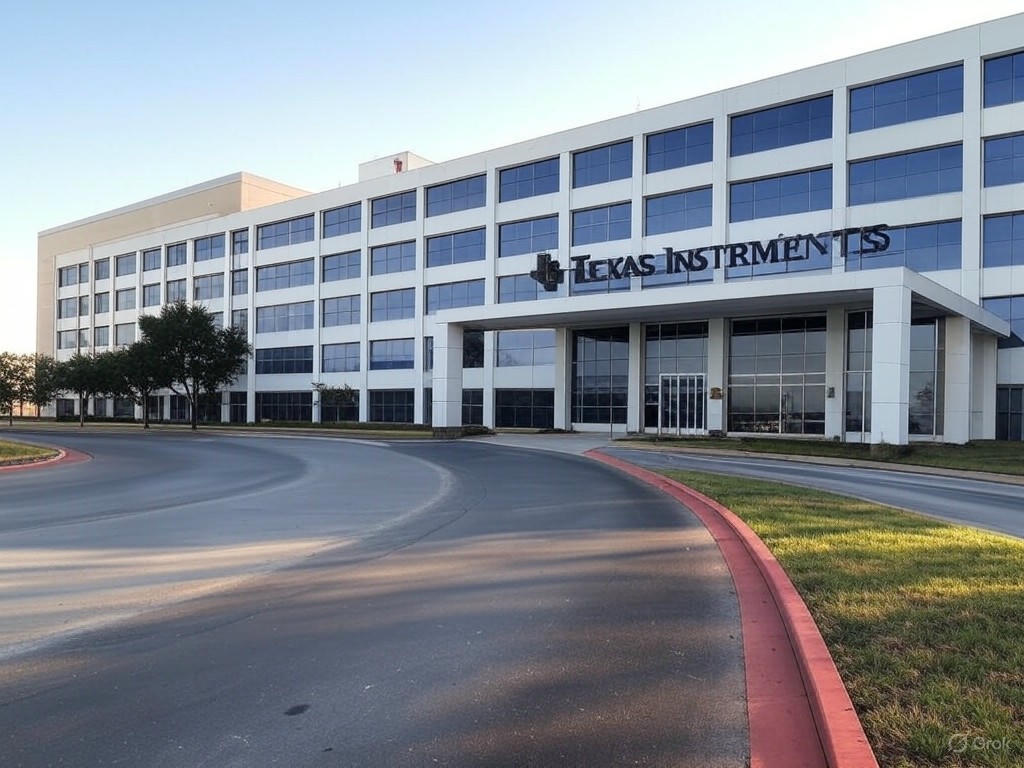Texas Instruments Bets Big with $60 Billion U.S. Chip Manufacturing Push
In a groundbreaking move for the American tech landscape, Texas Instruments has unveiled plans to invest a staggering $60 billion in domestic chip manufacturing. This colossal commitment, described as a historic milestone by industry insiders, signals a significant shift in the semiconductor sector, aligning with broader national efforts to bolster U.S.-based production. The announcement arrives amid growing calls from political leaders, including President Donald Trump, for tech giants to prioritize manufacturing within American borders, reducing reliance on overseas supply chains.
The decision by Texas Instruments to channel such a massive investment into U.S. facilities reflects a strategic response to both economic and geopolitical pressures. For years, the global chip industry has been heavily dependent on production hubs in Asia, particularly in countries like Taiwan and South Korea. However, recent supply chain disruptions, coupled with national security concerns, have underscored the urgency of bringing critical technology manufacturing back to the United States. Texas Instruments’ bold initiative is poised to create thousands of high-skilled jobs, stimulate local economies, and strengthen the nation’s technological independence. The company, a long-standing leader in analog and embedded processing chips, aims to expand its existing infrastructure in Texas, a state already known as a hub for innovation and industry.
Beyond the immediate economic impact, this investment carries broader implications for the tech sector. As competition intensifies with global players like TSMC and Samsung, American firms are racing to secure a foothold in the rapidly evolving semiconductor market, driven by demand for chips in everything from smartphones to electric vehicles. Texas Instruments’ $60 billion pledge could inspire other companies to follow suit, potentially sparking a wave of domestic investment. Moreover, the move aligns with federal incentives and policies designed to support the reshoring of critical industries. While challenges such as labor shortages and high initial costs remain, the long-term benefits of a robust domestic chip ecosystem could outweigh the hurdles, positioning the U.S. as a formidable player in the global tech arena.
As Texas Instruments embarks on this ambitious journey, the ripple effects are likely to be felt across multiple sectors. From enhancing national security to fostering innovation, the investment underscores the pivotal role of semiconductors in modern life. It also serves as a reminder of the power of corporate responsibility in addressing national priorities. While the road ahead may be complex, with logistical and financial obstacles to navigate, the commitment to building a stronger, more self-reliant tech industry in America is a step toward a more secure and prosperous future. Texas Instruments’ historic gamble could very well redefine the landscape of U.S. manufacturing, proving that when industry and policy align, transformative change is within reach.


